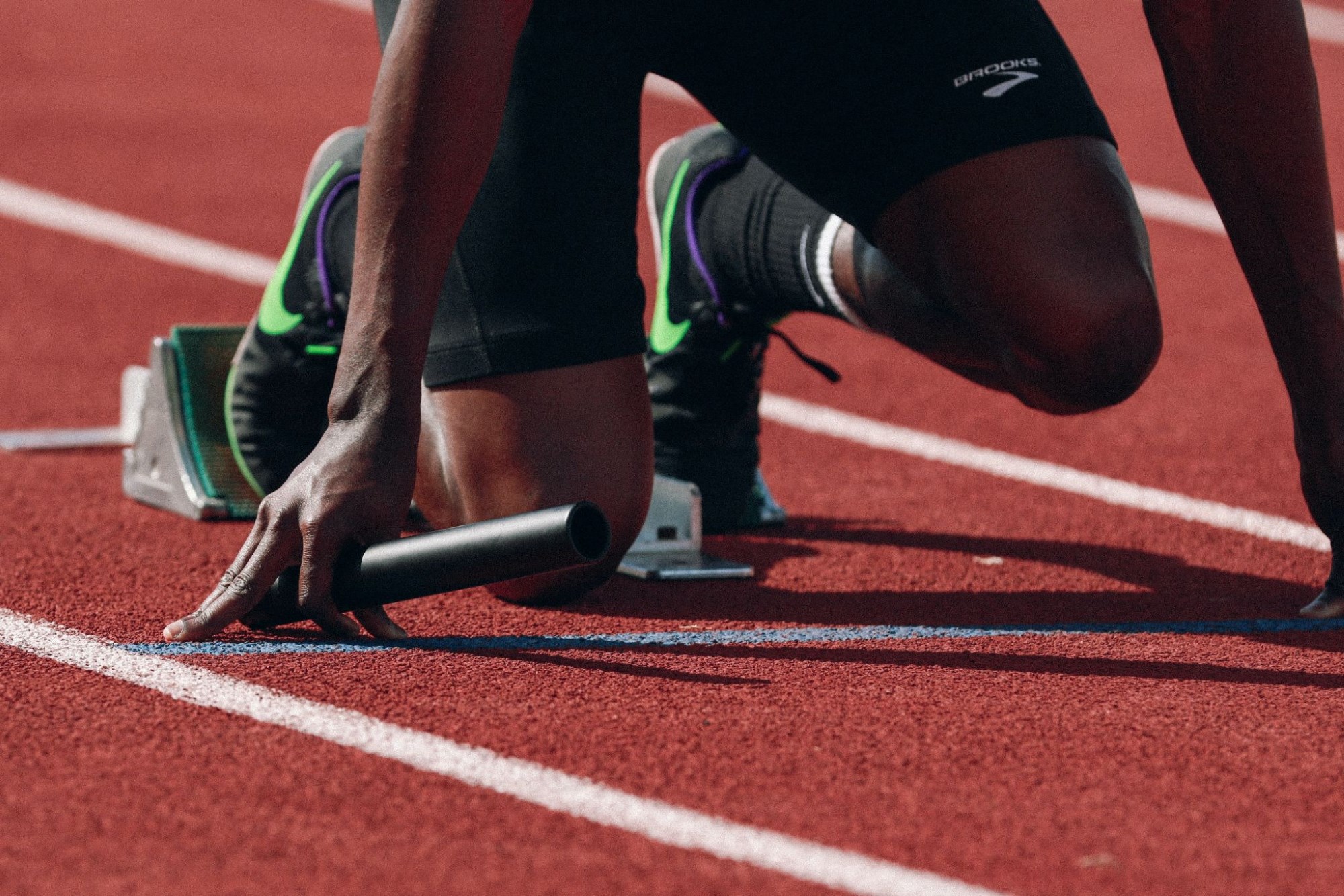
When you're an athlete, you have to be highly conscious of what you put into your body and how it affects your performance. The tension and anxiety that athletes experience in the weeks leading up to the big day can have a detrimental impact on their sleeping patterns.
For the average Joe, a simple sedative-hypnotic will do the trick, but it may be what ends up being an athlete's downfall on the day of the competition. Here's everything you need to know whether you are a competitive or an amateur athlete.
Why Is Sleep Important For Athletes?
Sleep is critical for both athletes and non-athletes overall health and well-being. Everyone requires sleep to feel refreshed and perform at their best the next day.
Sleep also gives your heart a rest and allows it time to repair your cells and tissue. After physical exertion, this can help your body recover. Also, the changes in your heart rate and respiration during the night promote cardiovascular health while going through the sleep stage.
Sleep can also help prevent or help you to recover from diseases. Your body generates cytokines during sleep that are hormones that help the immune system prevent infections.
All of these effects are important for an athlete's recovery and game-day performance.
How Sleep Helps an Athlete's Mental State
Sleep can also be undermined by competition, not only by potentially higher physiological burden but also by the consequences of longer journeys and related mood, stress, and anxiety disturbances.
Sleep helps everyone keep memories and strengthen them. Those memories help to improve performance in the future when athletes practice or learn new abilities. Without sleep, They cannot be formed or maintained in the pathways of the brain that allow you to learn and make memories.
For cognitive processing, sleep is also essential. Experts often link a decrease in cognitive function to sleep loss. Lack of quality sleep may negatively affect athletes in sports that demand a high level of cognitive function, such as decision-making and adaptation to new situations.
Sleep is essential to maintain athletes' mental health, just as exercise can help improve or maintain mental health. The improvement of the overall mood combines quality sleep. Sleeping healthy prevents irritability and reduces the risk of events such as depression.
Guide For Athletes on Common Sleeping Aids
Melatonin
Melatonin is the hormone mainly released from the pineal gland in the brain and plays a part in the cycles of sleeping awakening. Since the body naturally produces it, most doctors and studies show that most people's side effects are minimal.
CBD
The second most abundant product of the cannabis plant, after THC, is CBD. Unlike THC, it is not psychoactive. Experts are still examining CBD's precise sleep mechanisms, but supporters often say it can help with sleep and anxiety in the evening.
In contrast to THC, CBD has been excluded from the list of prohibited substances by the World Anti-Doping Association.
Nyquil and Benadryl
Antihistamine Nyquil, Benadryl, and all similar substances cause drowsiness or sleepiness. (doxylamine succinate for Nyquil, diphenhydramine for Benadryl).
Histamines induce an inflammatory response when the immune system is active, as in the cold (in the nose, it causes sinus congestion).
Antihistamines can help with allergy symptoms and can cause drowsiness. The sleepy effect is secondary because some antihistamines tend to pass the blood-brain barrier. There, they disrupt another role of histamine regulating cycles of sleep and awakening.
Benzodiazepines
Pharmacological agents are grouped with several other benzodiazepines (such as Xanax and Valium) and nonbenzodiazepines (Ambien and Lunesta). Doctors will prescribe all these substances and will give you more details.
In Conclusion
The takeaway is to speak with your doctor. It can be safe to assume that substances such as Nyquil can have a lasting effect on the body and, if not dealt with carefully, will impact an athlete's performance due to their sedative effects.
The effects on the performance of Melatonin appear to be limited, and it clears the system rather quickly. Its efficiency varies, however. Melatonin is familiar with athletes traveling abroad, and some even use it before competitions.
There is insufficient evidence regarding CBD and the effects that it has on athletes and their performance. Some athletes will swear by it and claim that it helps reduce stress and anxiety levels. Others say it's an expensive placebo.
Prescription sleep aids should only be used when a doctor advises them for severe disorders.
Whether you're an athlete or not, you must learn about what you are putting into your body and the possible side effects it will have. Sleeping aids have been reported to disrupt sleeping patterns and have a long-term impact on the quality of sleep.